June 9, 2025 | 08:50 GMT +7
June 9, 2025 | 08:50 GMT +7
Hotline: 0913.378.918
June 9, 2025 | 08:50 GMT +7
Hotline: 0913.378.918
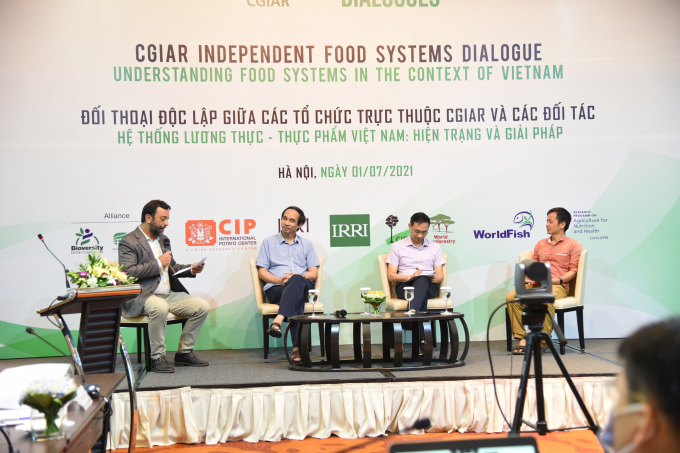
CGIAR leads a food systems dialogue with cross-sector stakeholders in Vietnam.
The CGIAR-led meeting brings together key people from state agencies, academia, NGOs, donor agencies and industry to help address existing and emerging challenges and opportunities in Vietnam's agri-food systems and inform policies and investments ahead of the United Nations Food Systems Summit. The meeting is being led by CGIAR in Hanoi.
As world leaders, movers, and activists prepare for the United Nations Food Systems Summit (UNFSS) in September 2021, countries are gathering evidence and identifying key solutions to pressing issues in their local food systems. In June, CGIAR centres participated and contributed to a series of the Ministry of Agriculture and Rural Development (MARD)-convened dialogues that are organized at national and sub-national levels.
This independent dialogue is another effort by CGIAR centres in Vietnam to enhance the awareness of key stakeholders engaged in the National Food Systems Dialogue about the potential contribution of CGIAR to achieve responsible, accountable, sustainable and resilient food systems in Vietnam.
The dialogue also seeks to facilitate conversations with partners to identify the way forward on how CGIAR and partners can work together to better address the needs and priorities identified by national partners and policy makers for achieving sustainable and resilient food systems in the country. Vietnam's food systems are diverse and facing many challenges.
Global climate change forecasts and reality in recent years show that Vietnam is one of the countries most heavily affected by the changing climate. Vietnam needs to take specific actions to promote cooperation, synergizing with external forces to support the formation and development of smart and resilient food systems, ensuring food safety.
Food security and nutrition not only for nearly 100 million Vietnamese people but also contribute to ensuring world food security, especially in the context of the complicated development of the Covid-19 pandemic.
The CGIAR has been working extensively in various initiatives around Vietnam, ranging from agriculture, nutrition and diets, One Health and climate issues-and more recently contributing to COVID-19 initiatives. 10 out of 15 CGIAR are operating in Vietnam.
Among those, the Alliance of Bioversity International and CIAT, the International Potato Center (CIP), the World Agroforestry (ICRAF), the International Livestock Research Institute (ILRI), WorldFish, and the International Rice Research Institute (IRRI) contributed substantially to this dialogue.
Dao The Anh, vice president of the Vietnam Academy of Agricultural Sciences (VAAS), said that research by CGIAR in Vietnam has contributed to the growth of the country’s agriculture sector, with many of them Page 2 of 3 contributing to improving the sustainability of food systems of Vietnam using a multidisciplinary and integrated approach.
Jean Balié, CGIAR regional director for Southeast Asia and the Pacific emphasizes the significance of transforming agri-food systems in the region toward improved environmental, economic and social sustainability as well as climate resilience. The unified and comprehensive efforts of the CGIAR in Vietnam aims to support the country to achieve this profound and urgent transformation of food systems within planetary boundaries while keeping sight of national socio-economic development targets”. said Balié.
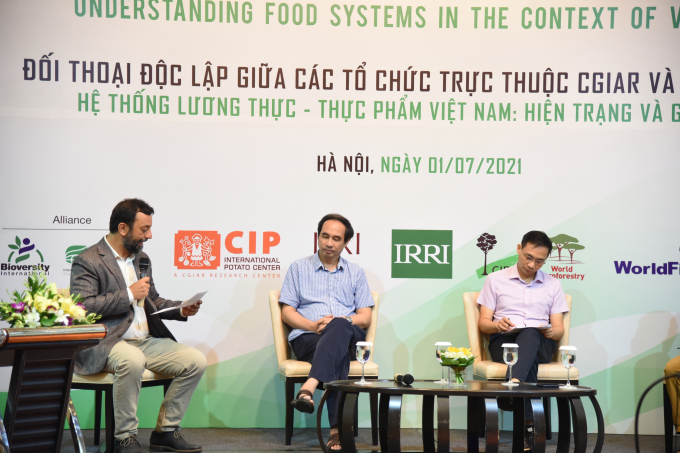
The longstanding work of the CGIAR with national and local authorities and partners in Vietnam contributed to addressing different constraints and opportunities in various levels of the food system in the country.
The longstanding work of the CGIAR with national and local authorities and partners in Vietnam contributed to addressing different constraints and opportunities in various levels of the food system in the country. Stephan Weise, managing director for Asia of the Alliance says, we are honored to contribute to the Food Systems Summit through this dialogue and remain committed to supporting actions towards ever more sustainable food systems in Vietnam. Now is the time to work across sectors and themes in an integrated manner at the local through to the national level.
In this dialogue partners will focus on discussing the following key issues under the light of the UN five actions tracks of safe and nutritious food, sustainable consumption patterns, nature-positive production, advance equitable livelihoods, and resilience to vulnerabilities, shocks, and stress.
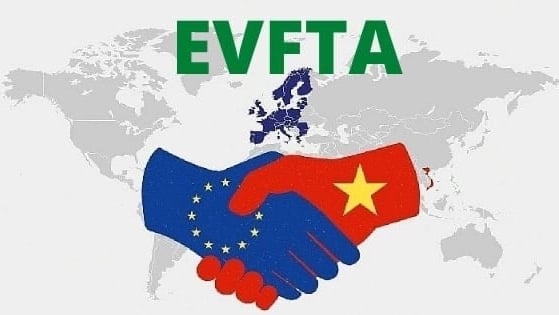
(VAN) The benefits brought by the EVFTA are particularly significant, as the EU has consistently been one of Vietnam's four largest export markets for agricultural, forestry, and fishery products.
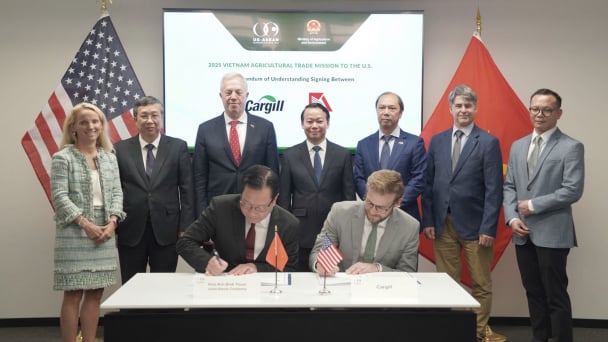
(VAN) Vietnam agribusinesses accompanying Minister Do Duc Duy signed agreements worth $1.1 billion, raising the total number of MOUs during the trip to 20, with a combined value approaching $3 billion.
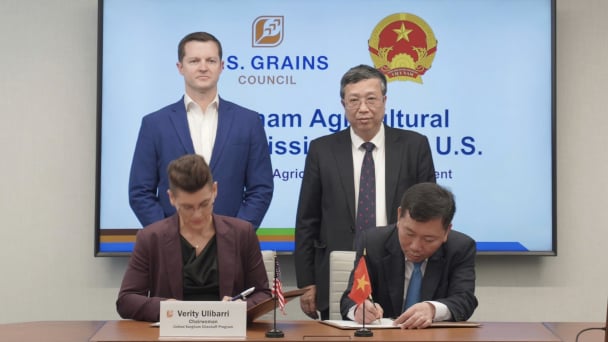
(VAN) The U.S. Grains Council signed a 5-year cooperation agreement with the Partnership for Sustainable Agriculture in Vietnam (PSAV) during MAE's agricultural trade mission.
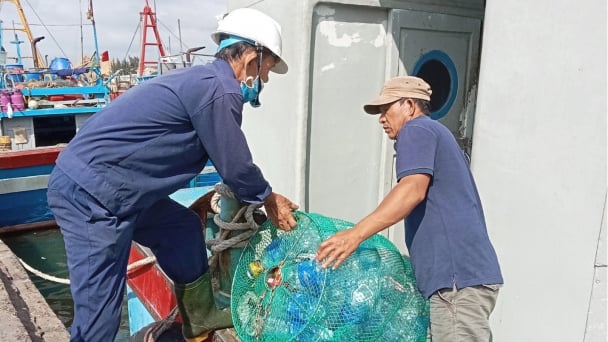
(VAN) Vietnam Agriculture and Nature News interviewed Mr. Vu Thai Truong, Acting Head of Climate Change and Environment at UNDP Vietnam on the occasion of World Environment Day (June 5).
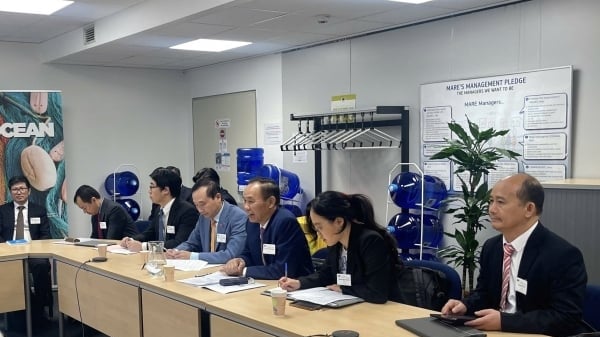
(VAN) On June 5, Deputy Minister of Agriculture and Environment Phung Duc Tien held a working session with the Directorate-General for Maritime Affairs and Fisheries of the European Commission (DG MARE).
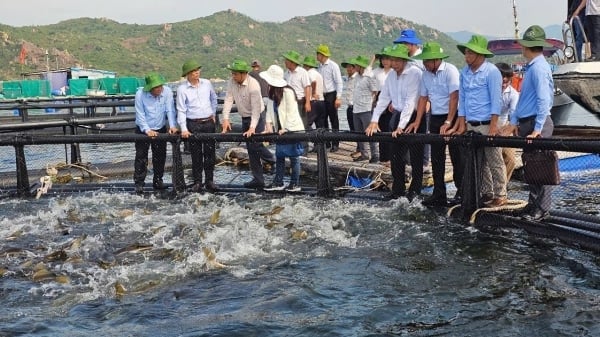
(VAN) According to Prof. Dr. Mai Trong Nhuan, former Director of Vietnam National University, Hanoi, the national ocean spatial plan is devised to guide the ocean economy toward achieving its key objectives.
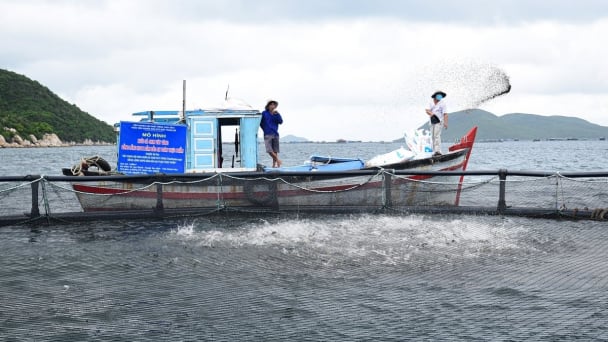
(VAN) Vietnam’s aquatic resources decreased from over 5 million tons in the period 2000-2005 to just over 3.9 million tons in the period 2016-2020.